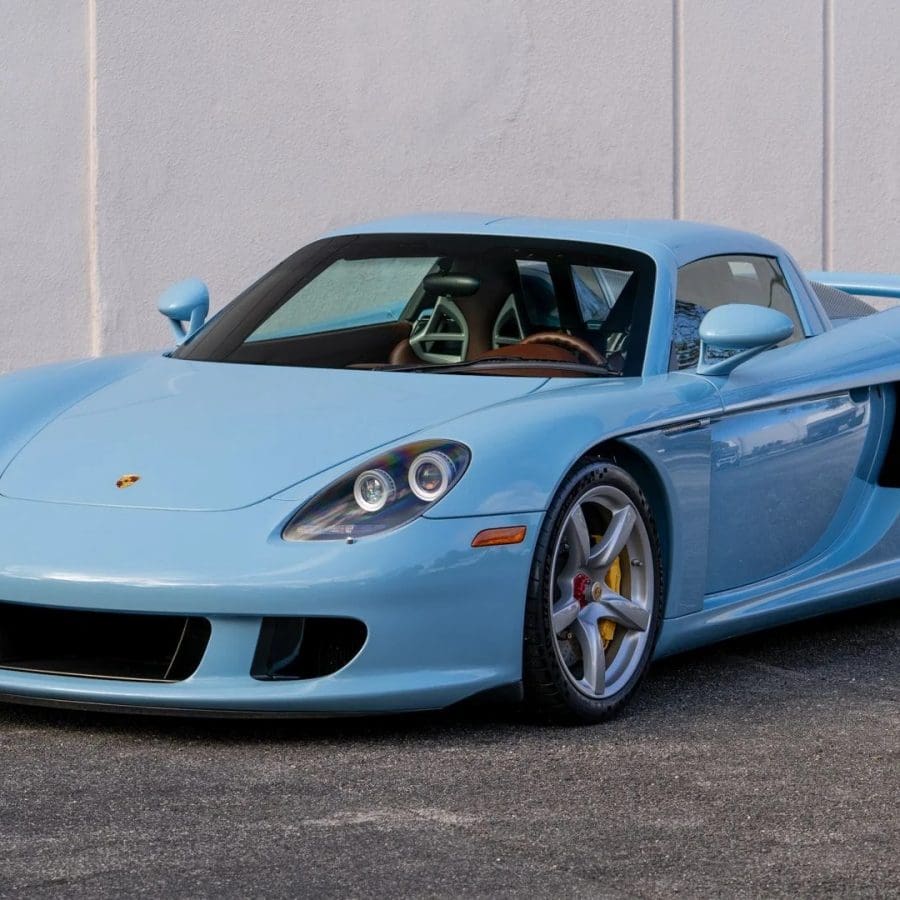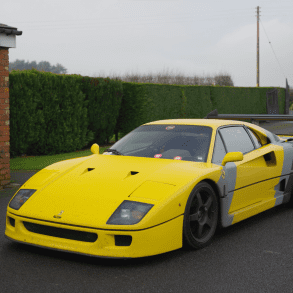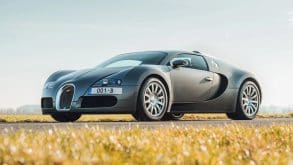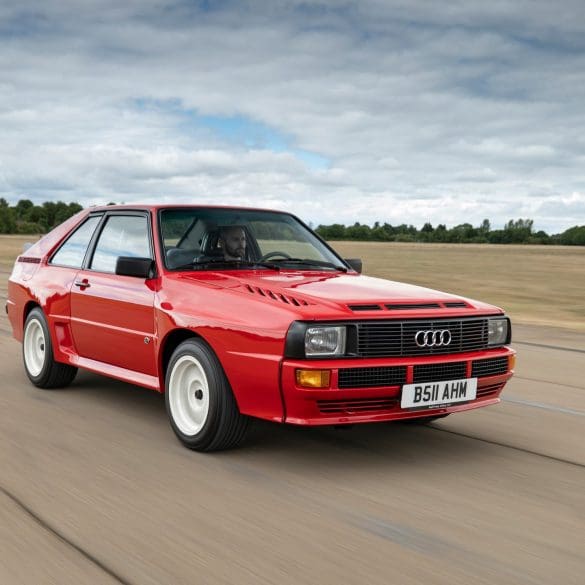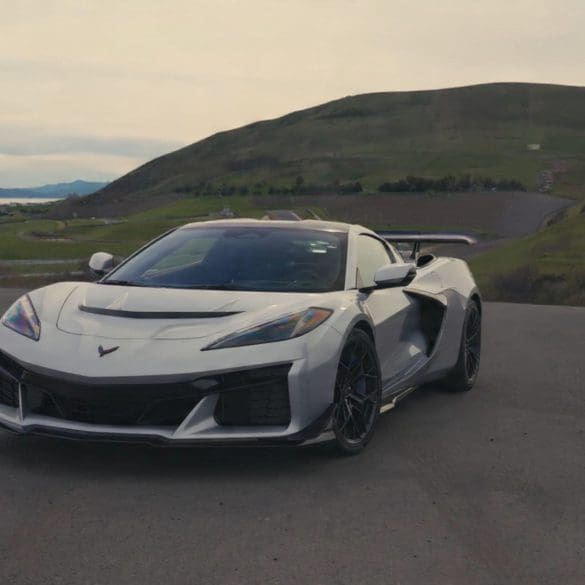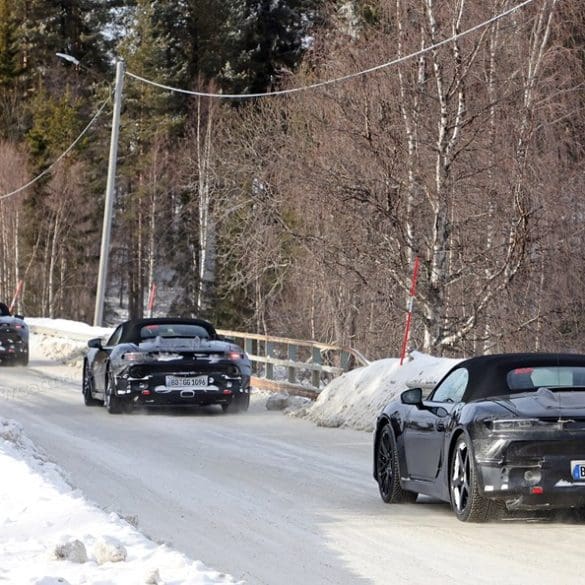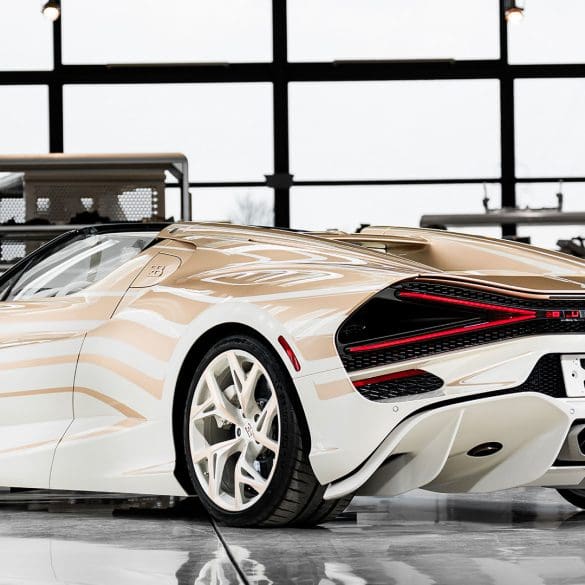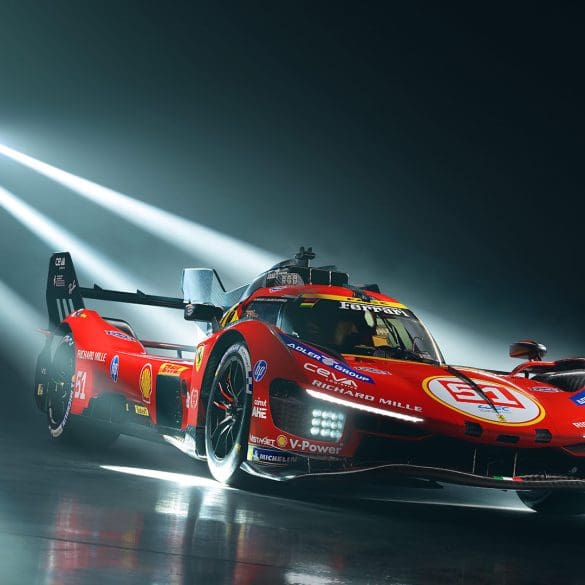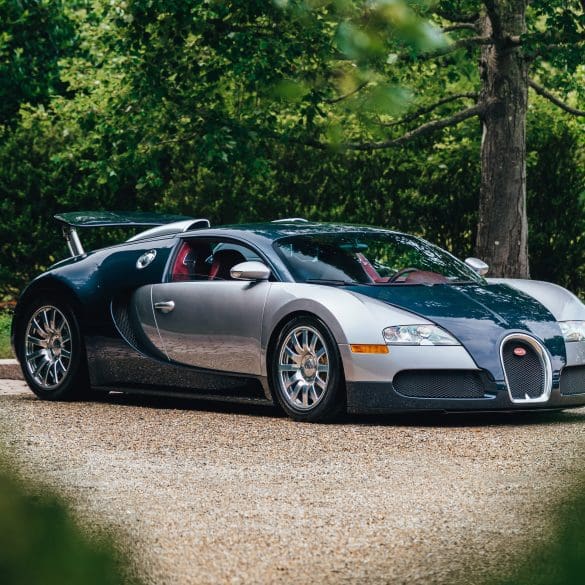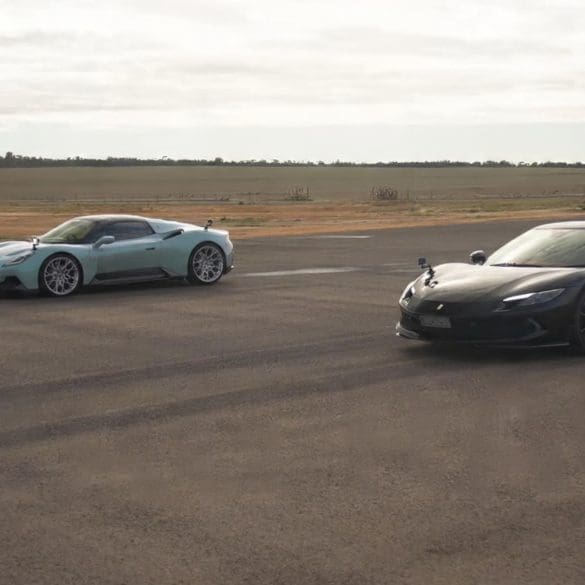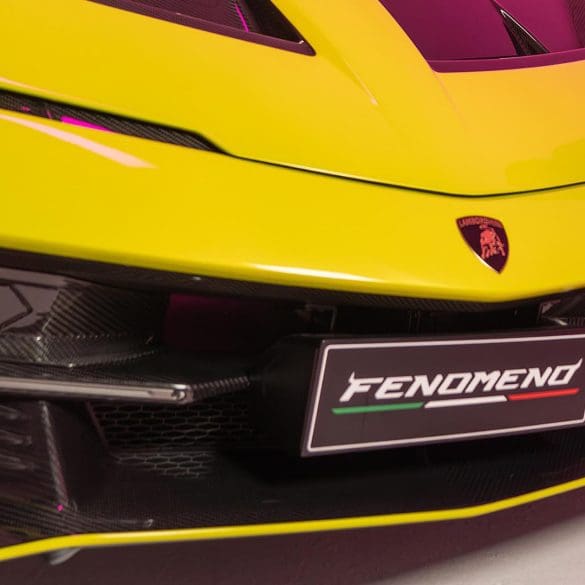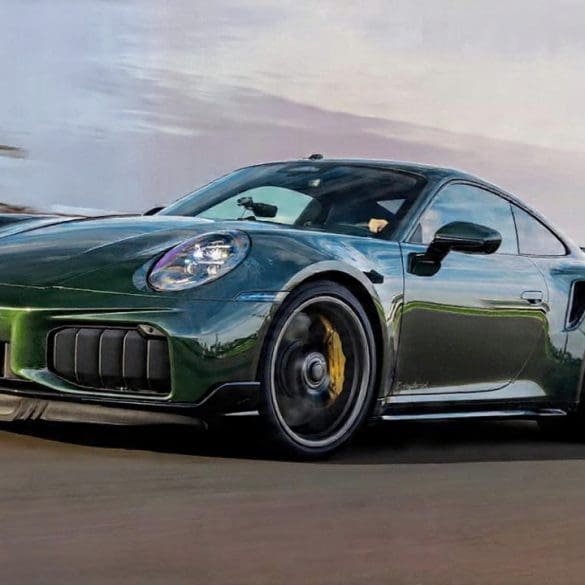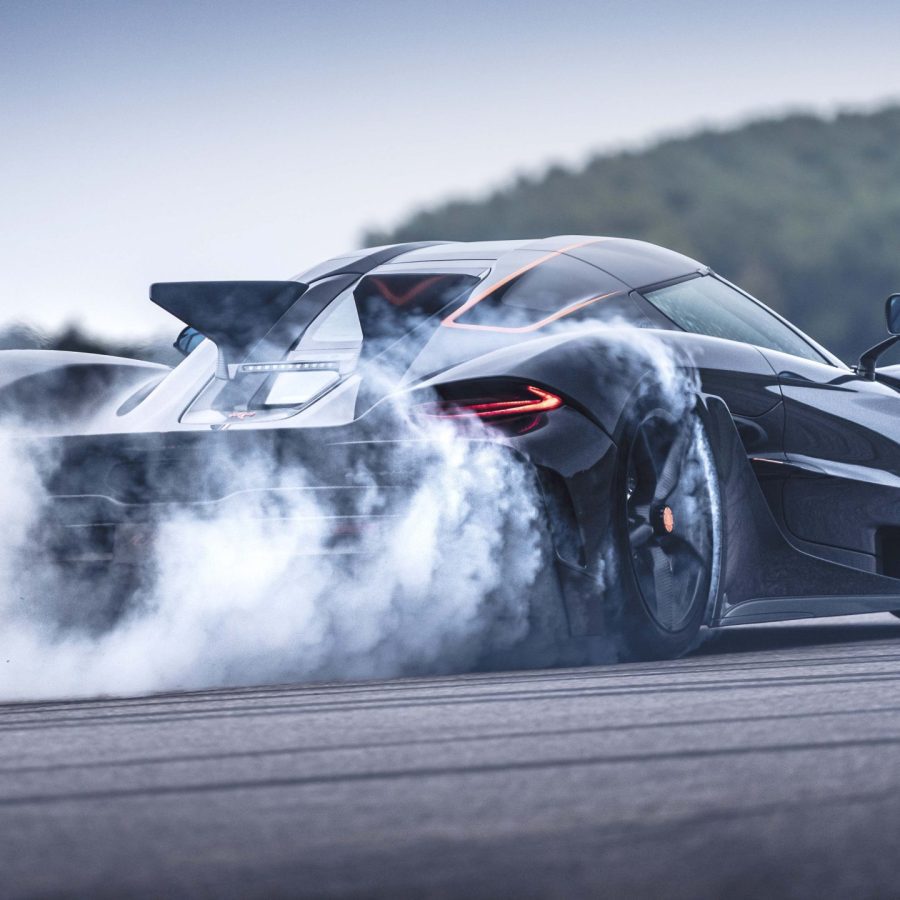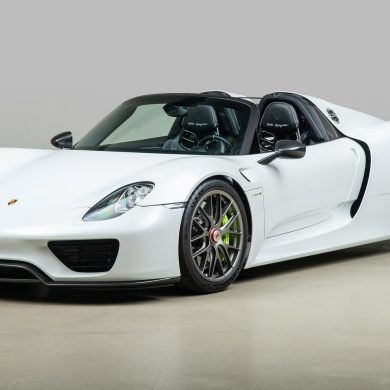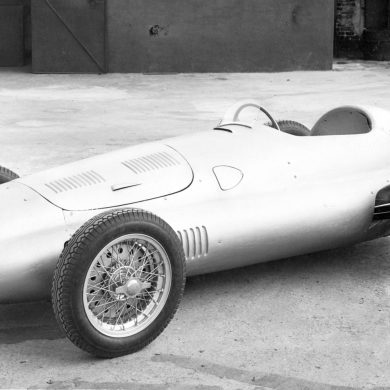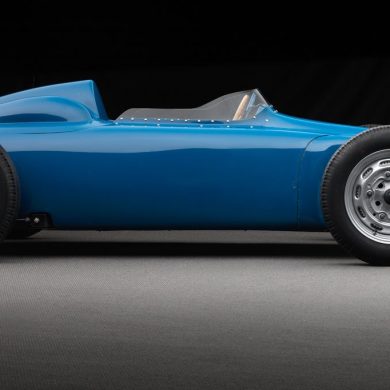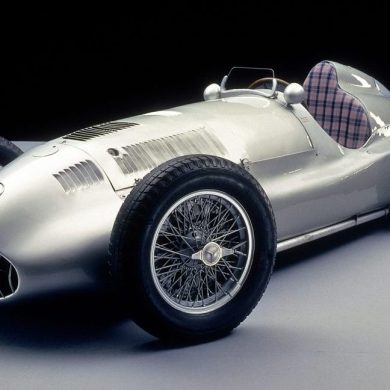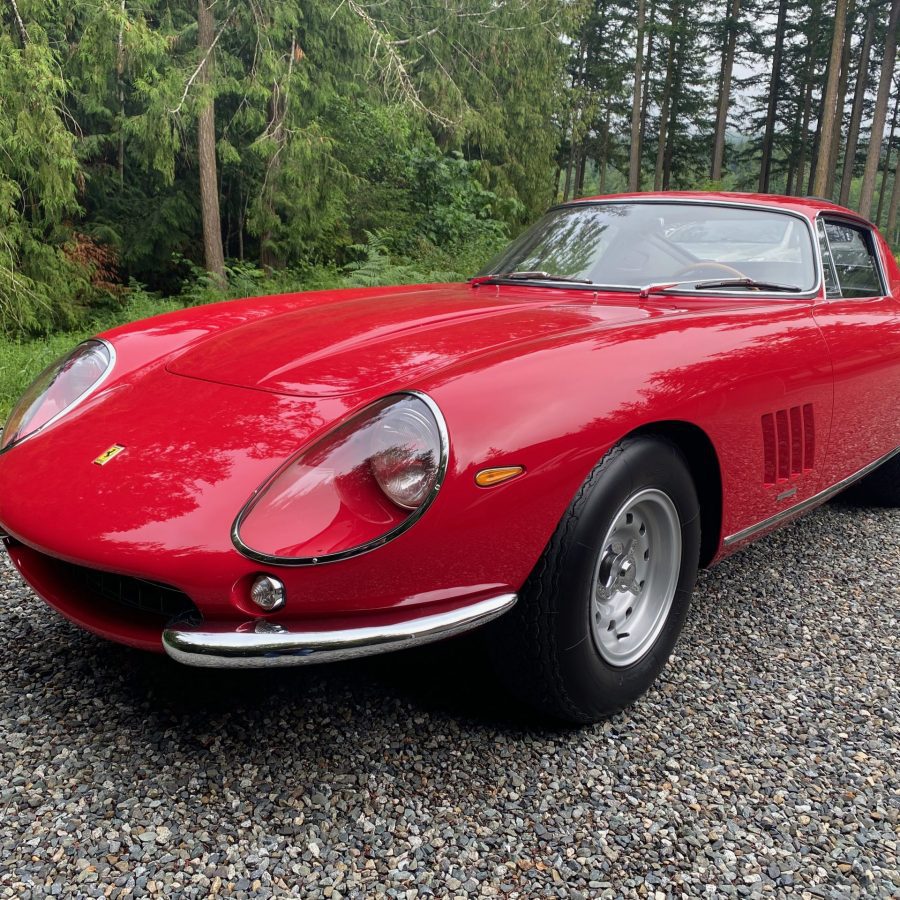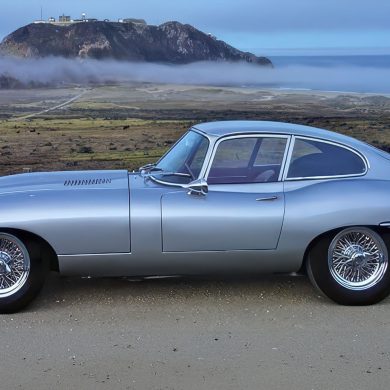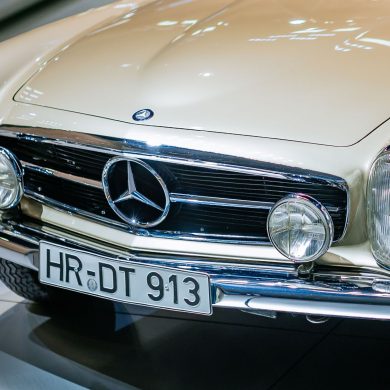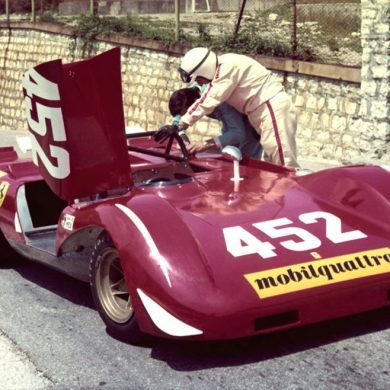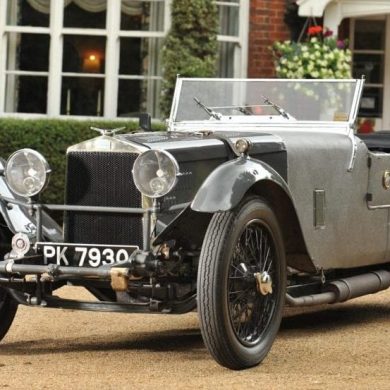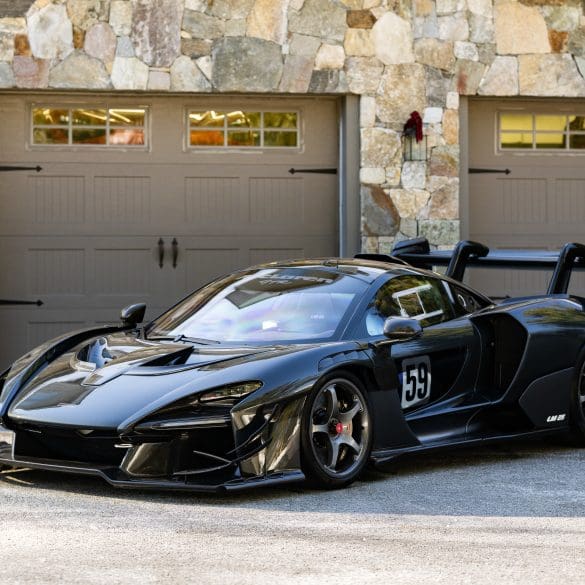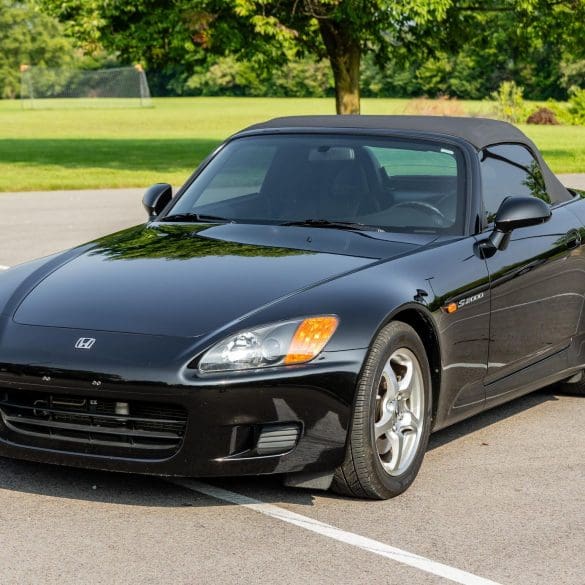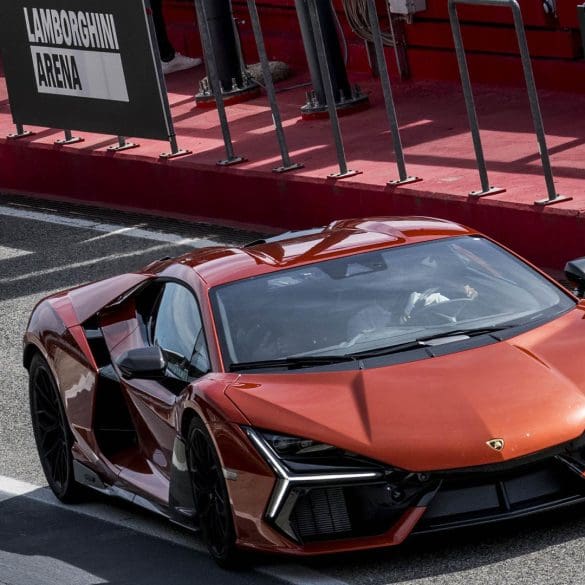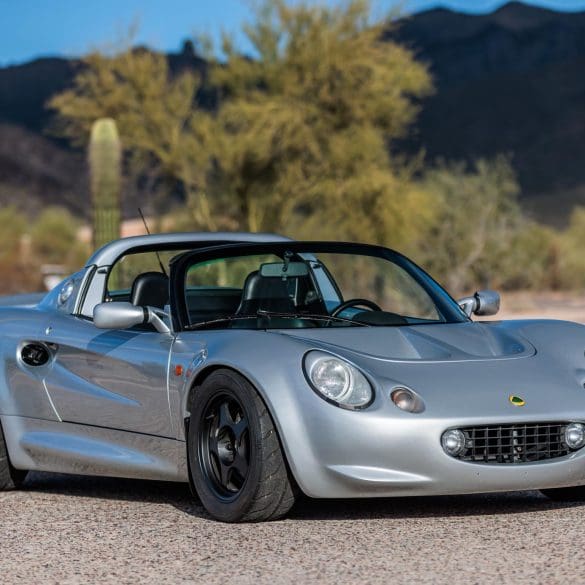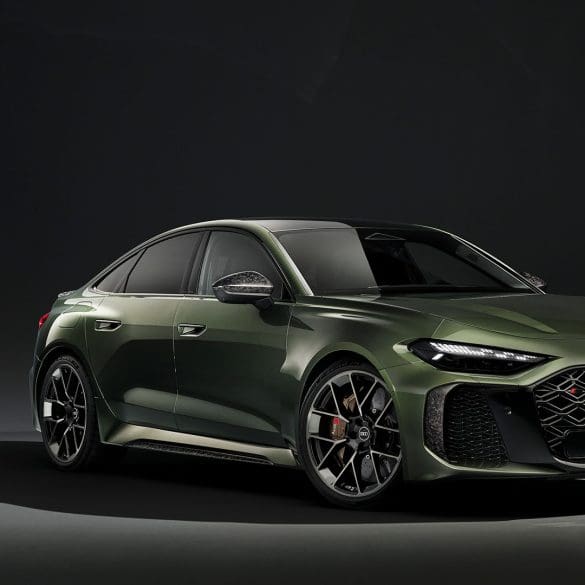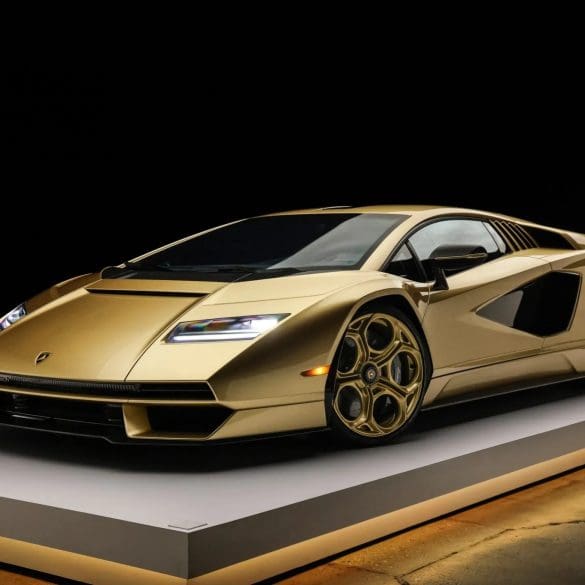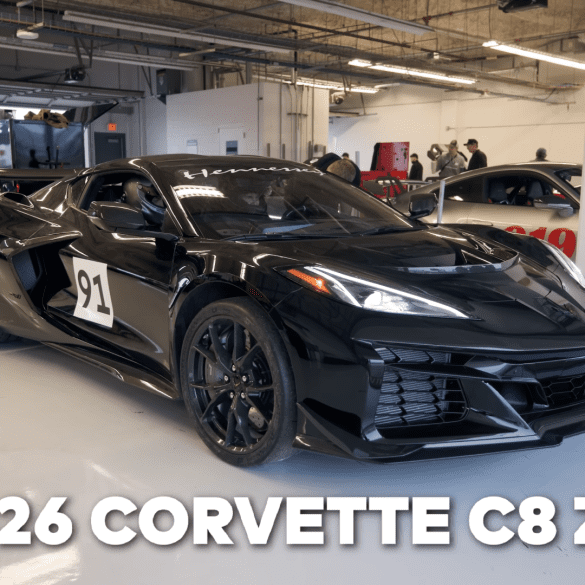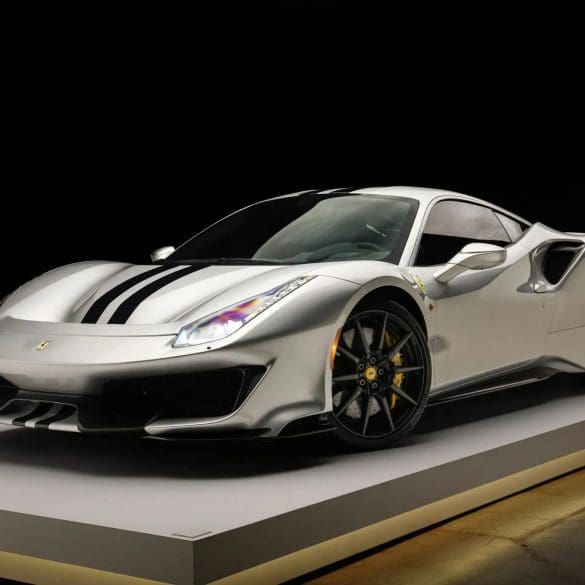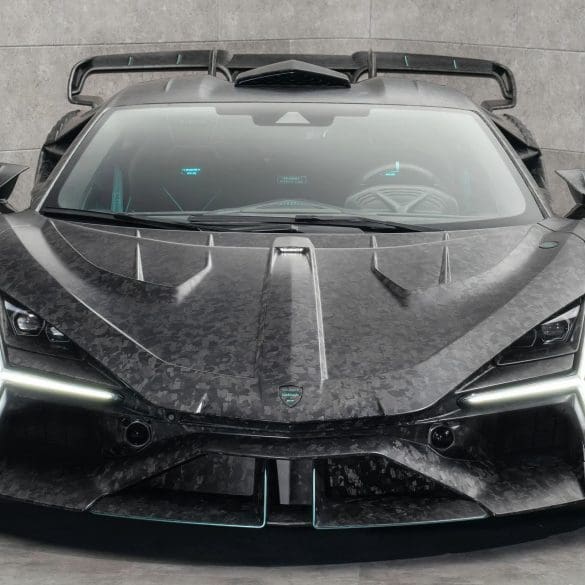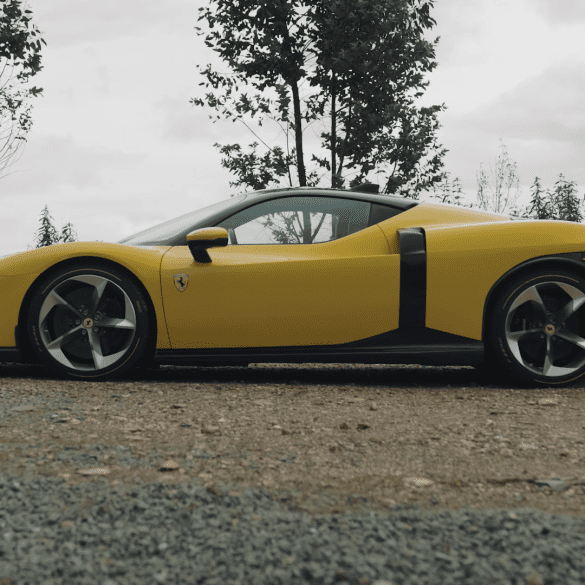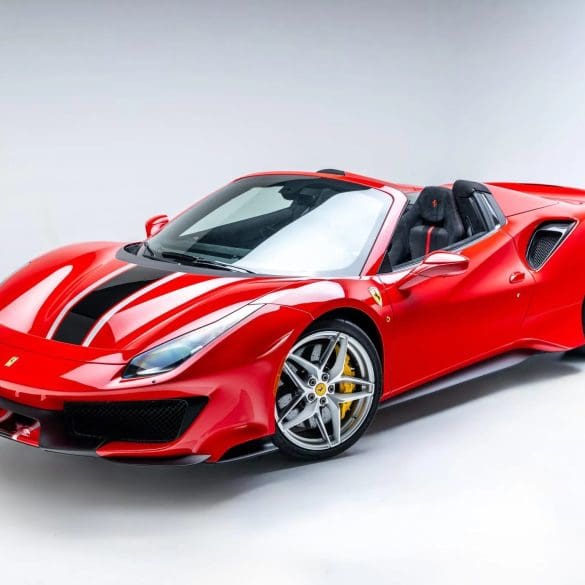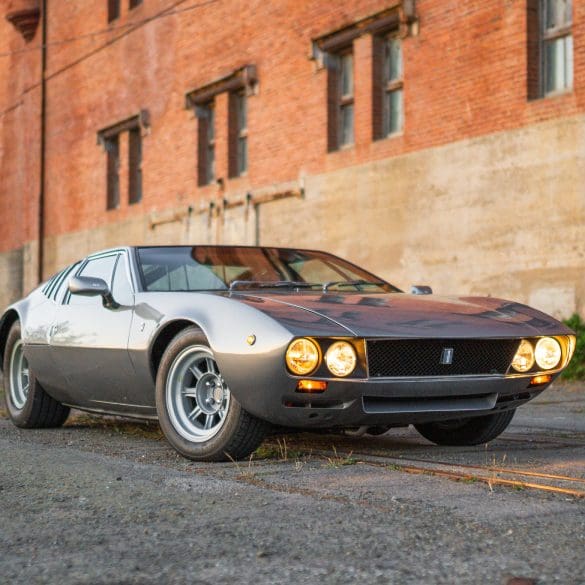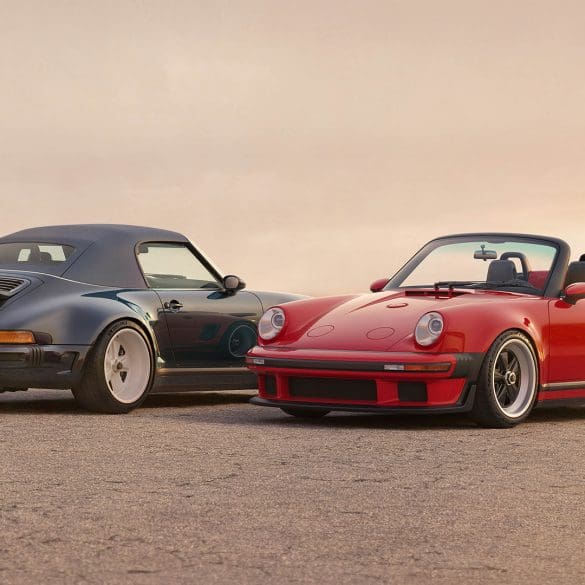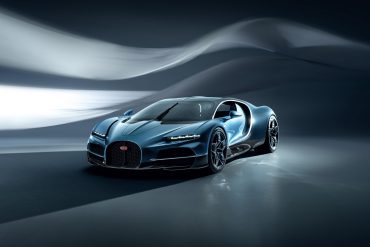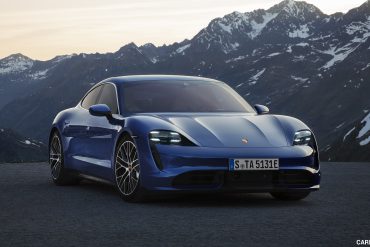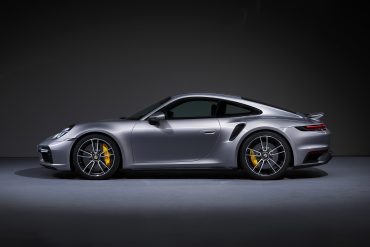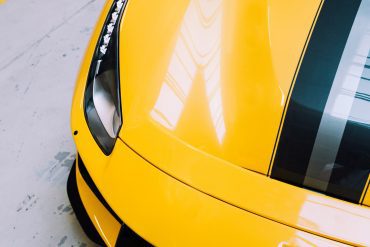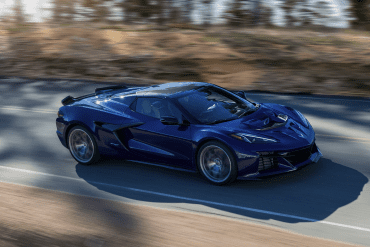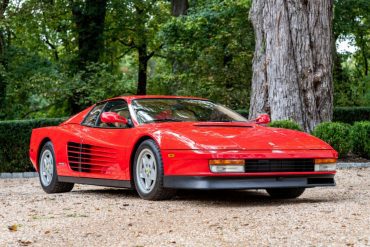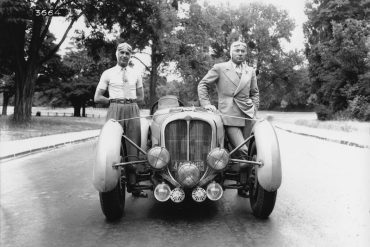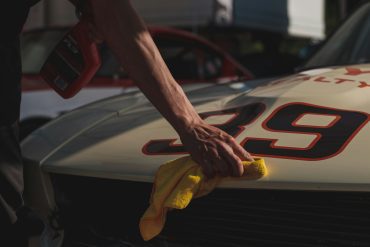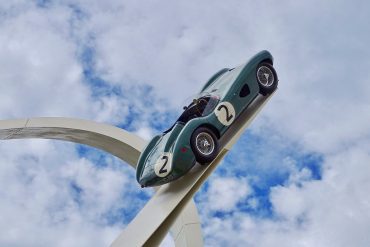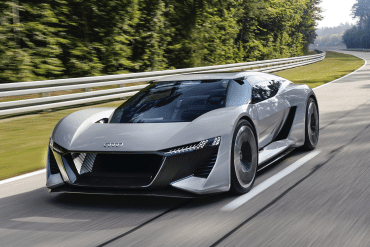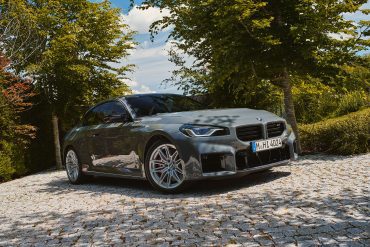This 2005 Porsche Carrera GT, offered without reserve at Broad Arrow Auctions’ Amelia Auction 2026, is estimated at $6 million to $7 million. It is the only U.S.-delivered example finished in Paint to Sample Gulf Blue...
In a video by Supercar Driver, an owner recounts his 22-year journey...
The frozen lake of St. Moritz once again became one of the...
The Bugatti Veyron set a new standard for supercars, becoming the world’s...
Matt Watson from carwow got behind the wheel of the Ferrari SF90...
Become a member and unlock exclusive access to member-only content, a totally ad-free experience and be part of a vibrant community dedicated to the iconic enthusiast performance cars.
Latest News & Updates
Only the coolest performance, supercar and collector car news
Frankfurt, September 1983. Audi unveiled the Sport Quattro, a shortened, lightened, more powerful version of the Quattro Coupe built specifically for Group B rally homologation. The wheelbase shrank by 320mm...
The 2026 Corvette ZR1X combines the 1064 hp twin-turbo V8 of the standard ZR1 with the E-Ray’s 186 hp electric front axle, producing 1250 hp and all-wheel drive. Top Gear tests it on...
The German automaker is considering quite the reversal in relation to their original electrification vision. Multiple outlets reported in mid-February 2026, that Porsche gaffers were gathering to explicitly discuss the...
As the curtain falls on the W16 era, Bugatti has unveiled one of its most exquisite farewell statements yet: the Bugatti W16 Mistral ‘La Perle Rare’, a one-off roadster created...
Tokyo, July 1983. Honda introduced the CR-X, a lightweight two-seat coupe based on the third-generation Civic platform. The name stood for Civic Renaissance Experimental, though Honda marketed it simply as...
Ferrari isn’t easing into 2026 quietly. The Prancing Horse has officially launched its assault on a second consecutive FIA World Endurance Championship crown, unveiling an evolved 499P and making it...
Bugatti’s first golden age began in the early 1920s with the Brescia sports cars and peaked with icons like the Type 35 Grand Prix racers, the Royale, Atlantic, and Type...
CarExpert lined up the Ferrari 296 GTB against the Maserati MC20 Cielo for a series of quarter-mile runs on an unprepared regional airport runway, where low traction made clean launches...
When Elena Salmistraro steps into the same creative orbit as the Lamborghini Fenomeno, the result is pure design electricity. In Lamborghini’s latest film, “Sculpting the Soul,” Automobili Lamborghini pairs one...
Sport Auto test driver Christian Gebhardt laps the Hockenheim GP circuit in the 2026 Porsche 911 Turbo S (992.2), recording a 1:47.40 on Pirelli P Zero R tires. The updated...
Features Stories & Member-Only Content
Behind-the-Scenes Coverage, In-Depth Stories and Premium Editorials for Our Members
This 2020 McLaren Senna GTR LM 25 by Lanzante is a one-off version of the track-only Senna GTR, created as part of a limited run of seven LM 25 cars...
Tokyo, April 1999. Honda unveiled the S2000 at the company’s 50th anniversary celebration, a fitting tribute to founder Soichiro Honda’s passion for high-revving engines and pure driving dynamics. The roadster...
On 9–10 May 2026, Automobili Lamborghini will once again take over the legendary Imola Circuit for the second edition of Lamborghini Arena, a full-throttle celebration of super sports cars, motorsport,...
Frankfurt, September 1999. Lotus unveiled the Elise 111 S, a response to critics who’d complained the standard car was underpowered. The 1.8-liter Rover K-Series engine now featured Variable Valve Control,...
Geneva, March 1967. While Ferrari displayed the 275 GTB/4 and 330 GTS on their official stand, Pininfarina had something special tucked away nearby. A one-off 330 GTC commissioned by a...
Audi Sport has just fired the starting gun on a new era. The all-new RS 5 is the brand’s first high-performance plug-in hybrid, and it’s not a gentle electrified evolution....
To mark the Countach’s 50th anniversary, Lamborghini revived the icon with a modern design that honors the radical supercar first revealed in 1974. The famous name remains, but the car...
Unveiled in July 2024, the C8 ZR1 became the first production Corvette equipped with twin turbochargers. Its mid-mounted 5.5-liter LT7 V8 features a flat-plane crankshaft, CNC-machined intake ports and combustion...
Developed from the already formidable 488 GTB—which surpassed the output of the early-2000s Enzo—Ferrari 488 Pista distills Ferrari’s hard-earned racing knowledge from the 488 Challenge and 488 GTE into a...
Driven by Christian Gebhardt for sport auto, the Evo Roadster lapped the Monza circuit in a blistering 1:46.79. The Pagani Huayra R Evo Roadster is a track-only machine built with...
In the rarefied world of bespoke supercars, where performance meets artistry, few names carry as much weight as MANSORY, the German luxury car modification specialist based in Brand, Bavaria. Renowned...
Presented by Rory Reid for Autotrader, this video puts the Ferrari 849 Testarossa through an in-depth real-world test on both public roads and a racetrack. The focus isn’t just outright...
This 2020 Ferrari 488 Pista Spider listed on Bring a Trailer is an outstanding example of one of Ferrari’s most significant modern models, showing just 5,345 miles. As the brand’s...
Turin, November 1966. The Ghia stand unveiled something extraordinary: a mid-engined wedge called the Mangusta, Italian for mongoose. The name was no accident. Alejandro de Tomaso wanted revenge against Carroll...
The Porsche 911 Carrera Cabriolet Reimagined by Singer is the latest open-top creation from California’s revered 911 specialist, Singer Vehicle Design. Limited to just 75 commissions, it reinterprets the wide-body,...
Our Most Popular Research Hubs
Model Guides, Videos & Cars for Sale. We Have It All If You're a Car Nut


